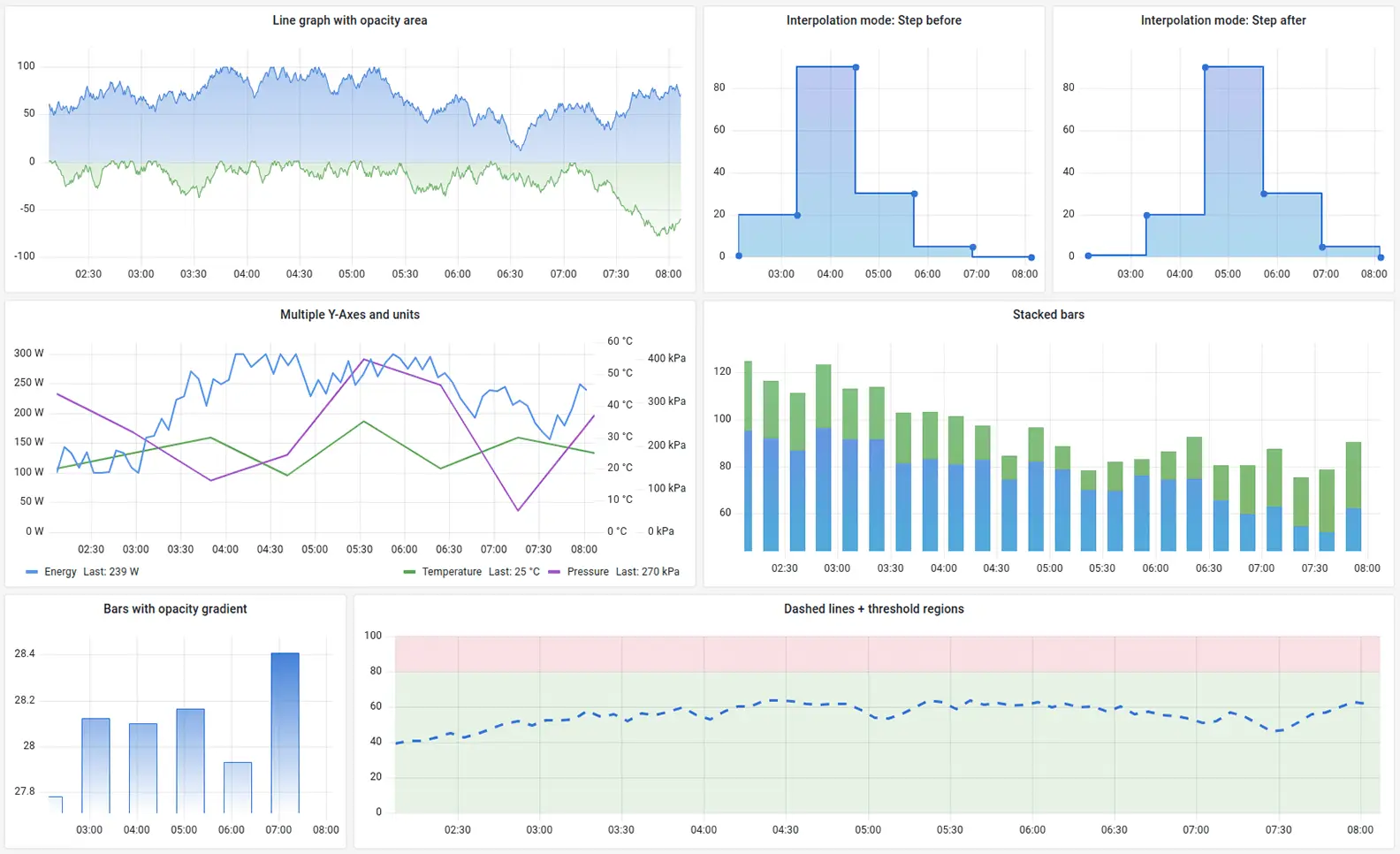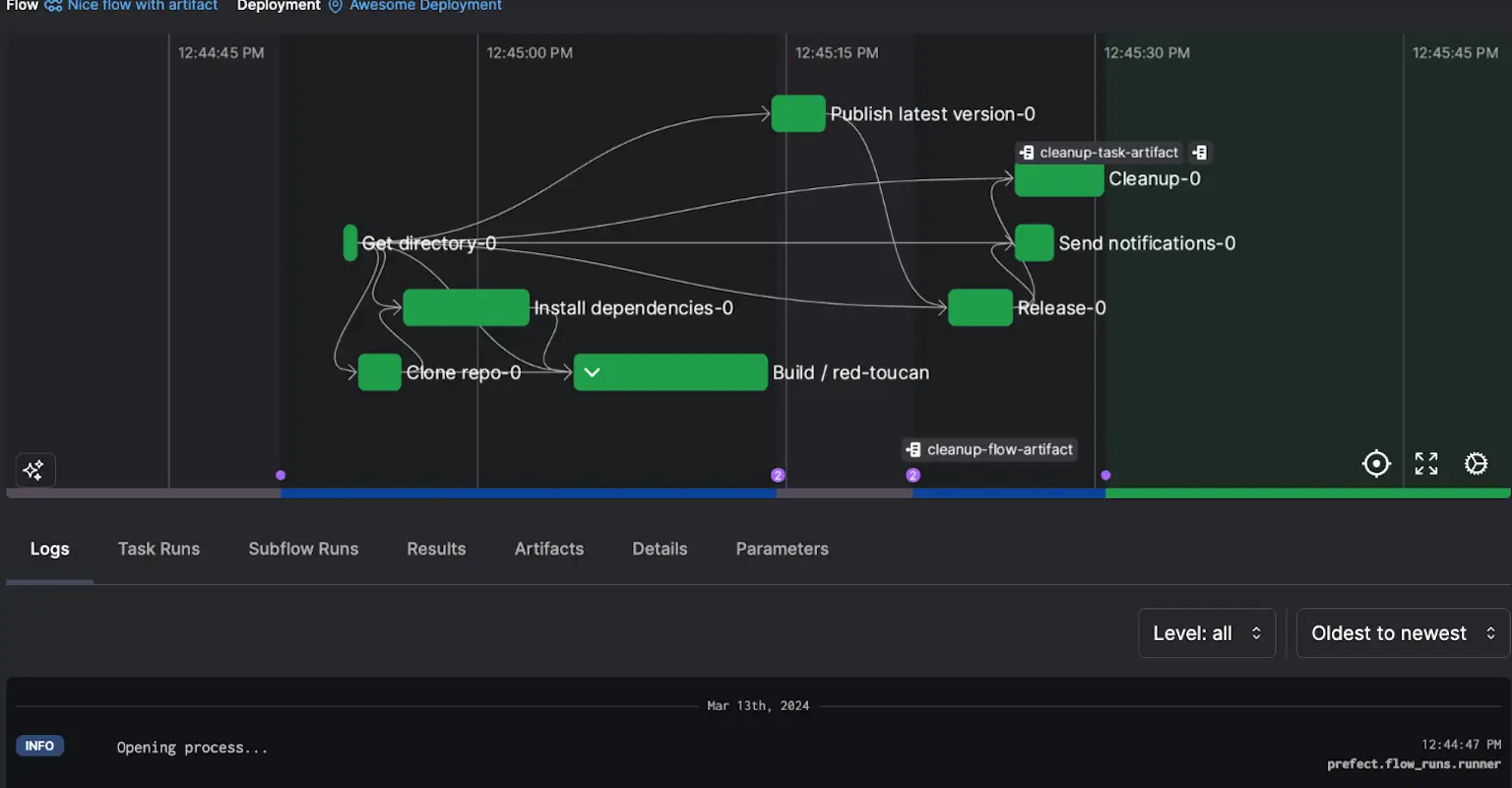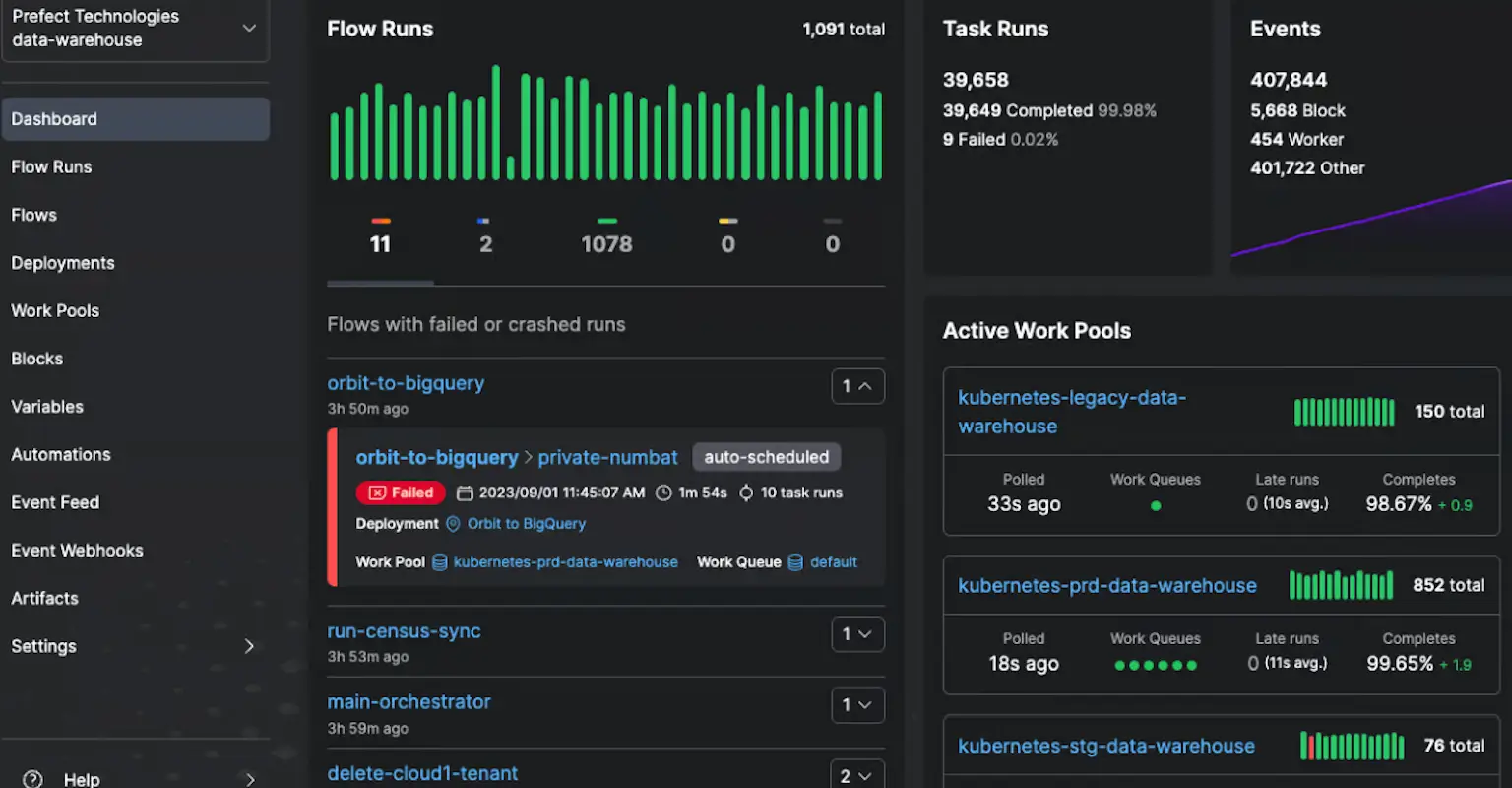ARGO
Our industrial supervision and optimization suite, designed to provide direct, rapid and structured access to meaningful data
ARGO
Our industrial optimization suite, designed to provide direct, rapid and structured access to meaningful data
Schedule an appointment with an expert
What is Argo and how can it help your company improve productivity?
Argo is a modular, flexible and scalable platform that enables companies to integrate, analyze and visualize data from different industrial systems. Using a microservices-based architecture, Argo can connect to numerous data sources, including PLCs, SCADA systems, IoT sensors and databases, providing a unified view of operations. This centralization makes it possible to identify inefficiencies, implement predictive maintenance strategies, and improve overall productivity.

- What can Argo do?
- How does it work?
- What are the advantages?
- Why choose Argo?
What can Argo do?
Argo consists of a suite of features designed to simplify and enhance each stage of the data lifecycle:
Data Acquisition
It collects raw data from various sources, such as sensors, PLCs, SCADA and ERP systems.
Data Processing
Performs pre-processing and post-processing of data to remove anomalies, normalize formats, and apply validation rules.
Data Analysis
It uses advanced algorithms to identify patterns, detect anomalies, and provide predictions based on historical data.
Data Intelligence
Turns processed data into usable information, with dashboards, reports, and APIs that provide a clear view of business performance.

How does data acquisition work in Argo?
Argo supports standard industrial protocols such as OPC UA, MQTT and Modbus, as well as newer formats related to Industrial IoT. The data acquisition system is designed to:
Certified expertise
Our experts have proven experience on projects of all sizes, for companies in different industries.
Continuous innovation
We keep abreast of the latest AWS news, ensuring that you have access to the most advanced and reliable technologies.
Customized solutions
There is no one-size-fits-all strategy. We tailor our services to your specific needs to ensure maximum value.
What are the advantages of using Argo for decision support?
The Argo suite not only collects and analyzes data, but also provides tools that concretely support decision making. Key benefits include:
Modular Flexibility
Argo's modules can be implemented gradually, allowing companies to start with basic functions and then add advanced capabilities as requirements grow.
Extended Compatibility
Supporting a wide range of protocols and systems, Argo ensures seamless integration even in heterogeneous environments.
Continuous Updates
Thanks to a microservice structure, Argo can be updated regularly without interrupting production operations.
Specialized technical support
Oncode's team provides dedicated assistance with the implementation, customization and optimization of Argo, ensuring that the solution is always in line with business objectives.
Downtime prevention and reduction
Using predictive analytics features, Argo helps identify potential failures before they occur, allowing maintenance interventions to be planned with minimal impact on production.
Optimization of resources
The data collected and analyzed allow monitoring the efficiency of machines, production lines and energy consumption, suggesting corrective actions to reduce waste and improve operational sustainability.
Simplified complexity management
By centralizing data from different sources, Argo enables managers to have a global view of operations, improving internal communication and accelerating decision making.
Why choose ARGO?
Scalability
Argo grows with the business, adapting to both small facilities and complex industrial ecosystems.
Cost reduction
With edge processing and integrated postprocessing, Argo reduces operational costs by optimizing data management.
Simple Integration
is compatible with systems already in use and can be customized to meet specific requirements.
Immediate access to data
With intuitive dashboards, real-time reporting and advanced APIs, Argo makes critical insights available when they are needed.
Operational flexibility
With support for on -premises, cloud and hybrid solutions, Argo adapts to any enterprise infrastructure.
- Edge Processing
- Post Processing
Edge Processing
Argo consists of a suite of features designed to simplify and enhance each stage of the data lifecycle:
Low latency
Reduces delays in the availability of processed data.
Operational continuity
Basic functions remain active even in case of network problems.
Saving bandwidth and resources
By processing data locally, it decreases the amount of raw data sent to the cloud or central servers.
Increased security
Data are analyzed and filtered locally, reducing exposure to potential threats before transmission.
Post Processing
Postprocessing intervenes on the acquired data, eliminating errors, normalizing formats and applying validation rules.


Data quality
Ensures that the information used for analysis is reliable and consistent.
More accurate analysis
A clean data set produces more accurate and useful results.
Operational efficiency
Reduces manual workload in cleaning and organizing data.
- Simplification and Data Collection
- Data Analysis
- Cloud or on-premises?
How does Argo simplify data collection and processing?
The platform is equipped with specialized drivers that acquire data directly from devices in the plants. Through an automated pre-processing and post-processing process, this data is filtered, corrected and aggregated. The result is a clean, homogeneous database, ready to be analyzed and transformed into key performance indicators (KPIs).
Connect directly to devices in the field
thanks to native connectors, Argo interfaces with a wide range of industrial equipment, ensuring real-time data collection.
Managing large volumes of heterogeneous data
Argo's distributed architecture allows it to capture and store terabytes of data from multiple production lines or plants.
Integrating multiple sources
in addition to field devices, Argo connects to ERP, MES, and warehouse or plant management systems, centralizing all operational information.
How do you analyze data with Argo?
Data analysis is one of the cornerstones of Argo. The suite includes advanced tools to process large amounts of raw data and transform it into useful, actionable information. Key features include:
Real-time and historical analysis
Argo processes captured data immediately, allowing users to monitor machine and process performance in real time. In addition, with the support of temporal databases, historical trends can be analyzed to identify recurring patterns and root causes of any problems.
Customizable dashboards
Through a user-friendly web interface, managers can create customized views with charts, tables and key performance indicators (KPIs), tailoring analyses to the specific needs of their industry.
Integration with data science tools
Data collected by Argo can be easily exported or integrated with advanced analytics platforms, such as Python, R, or machine learning environments, to develop predictive models, implement artificial intelligence algorithms, and test optimization scenarios.
Is Argo suitable for cloud or on-premises?
The platform is designed to be highly flexible, adapting to the needs of any type of business:
On-premises
For companies that need to maintain full control over data and meet stringent compliance requirements.
Cloud (with AWS)
For those seeking scalability, high availability and integration with advanced analytical tools.
Hybrid Model
For those who want the best of both worlds, combining the security of on-premises with the agility of the cloud.



